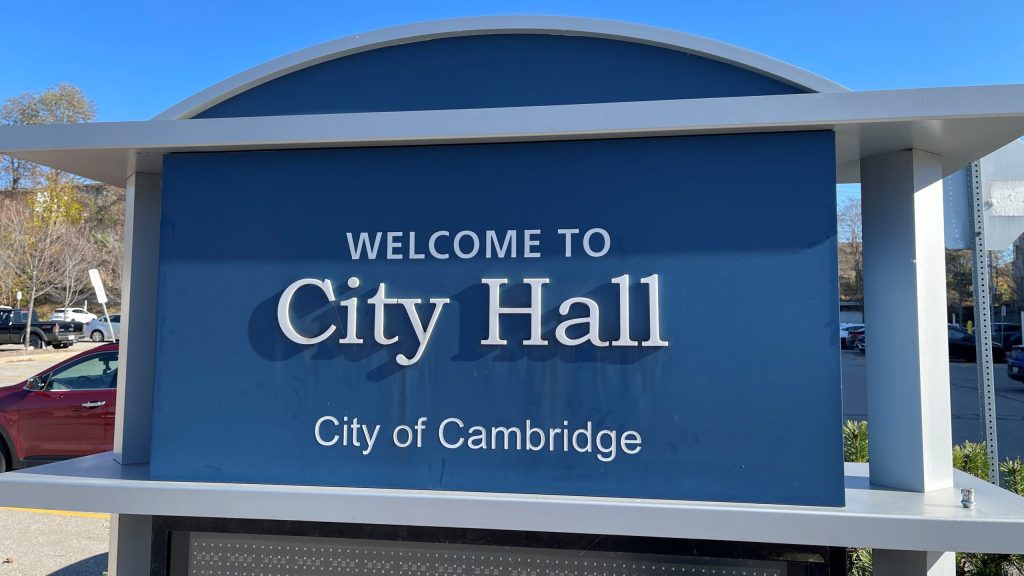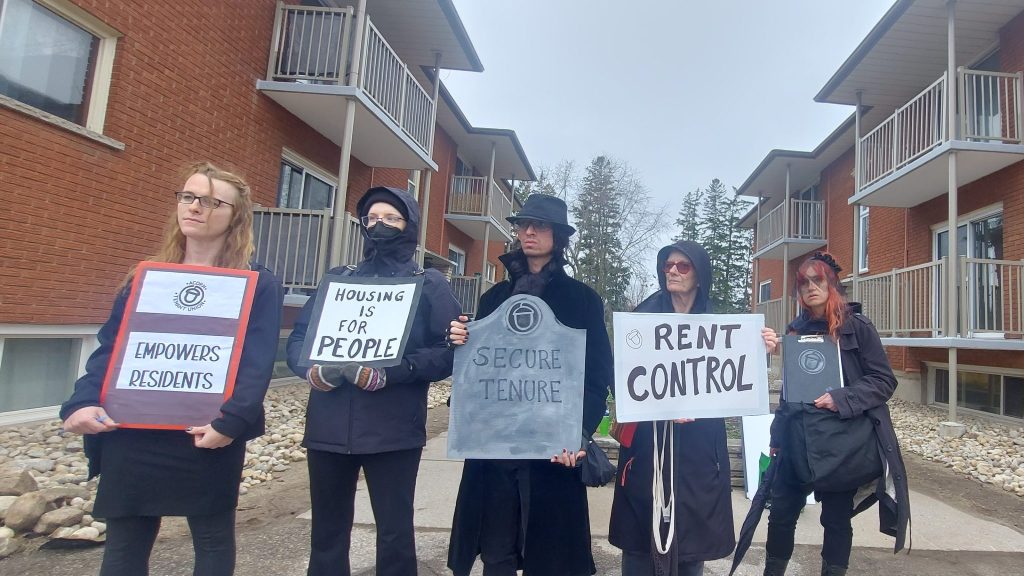Disco faux-doc delves into supposed secret polyester-fuelled conspiracy
Posted Jun 24, 2013 01:28:31 PM.
This article is more than 5 years old.
TORONTO – There was much more to the disco era than sex, drugs and dancing, according to the tongue-in-cheek documentary “The Secret Disco Revolution.”
It was actually a covert operation to liberate women, gays and blacks in the ’70s, says writer/director/producer Jamie Kastner.
So covert, in fact, that many of its participants didn’t even know they were involved, he admits.
Disco queen Thelma Houston giggled alongside Kastner as he outlined his theory at the Toronto International Film Festival last September.
The “Don’t Leave Me This Way” hitmaker called it “all very funny to me.”
“It was just a time to me of good music, people dancing and having a great time,” said Houston, who still tours with other disco legends including The Pointer Sisters, the Village People and KC and the Sunshine Band.
The Toronto-based Kastner admitted his film is not so much a documentary as “true-life faux-history.”
“We really went to town,” Kastner said of his approach, which was mainly to make a “really fun film about a “really fun era with lots of fun pictures and great music and dancing.”
“If you don’t make a fun film about disco I think you’ve done something wrong. So first and foremost that’s what this is. After that though, I think quietly it’s kind of a film about how history gets written.”
In the movie, he turns to several revisionist historians to support his premise — one academic suggests “Saturday Night Fever” is a deeply feminist film while another says the roots of revolutionary disco can be traced to Nazi-occupied France.
Their views are greeted with skepticism by some of the era’s biggest stars, including Gloria Gaynor, Kool and the Gang, the Village People and KC and the Sunshine Band.
Still, Houston does admit that her success is largely built on an ardent gay audience, and because of that she’s “done just about every gay pride (parade) there is.”
During her visit to Toronto, she lamented the disco backlash that cast the genre as vapid fluff. She blamed disco’s bad image on greedy labels and DJs who tried to capitalize on the craze by releasing poor copycats.
“So much of that — not being really thought out — kind of had something to do with people rebelling against the music,” she said.
“However, I do feel that the good music is still around and it’s still strong and it didn’t stop.”
The film and its kooky premise — outlined in a brisk 84 minutes — find their strongest opponents in the Village People.
Despite their reputation as gay macho icons, the singers react with surprise when Kastner suggests they led the supposed social revolution with lyrics laden with double entendres.
In turn, they insist their campy hit “In the Navy” was really a song celebrating life in the Navy and that “YMCA” was simply an ode to working out.
Kastner said that surprised him.
“These guys have to make their living travelling Middle America and playing all sorts of venues where clearly they’re not embraced as gay icons,” he said.
“Clearly, it doesn’t pay to be embraced as gay icons and I think that is a sad statement on how unsuccessful the revolution was.”
“If that’s what it was about,” Houston interjected.
“If that’s what it was about,” Kastner allowed, smiling.
“The Secret Disco Revolution” plays at Toronto’s Open Roof Festival on Thursday, before its official opening Friday in Toronto and Montreal. It screens July 6 to 13 in Edmonton and has a limited run in Vancouver on August 2, 3 and 5.










